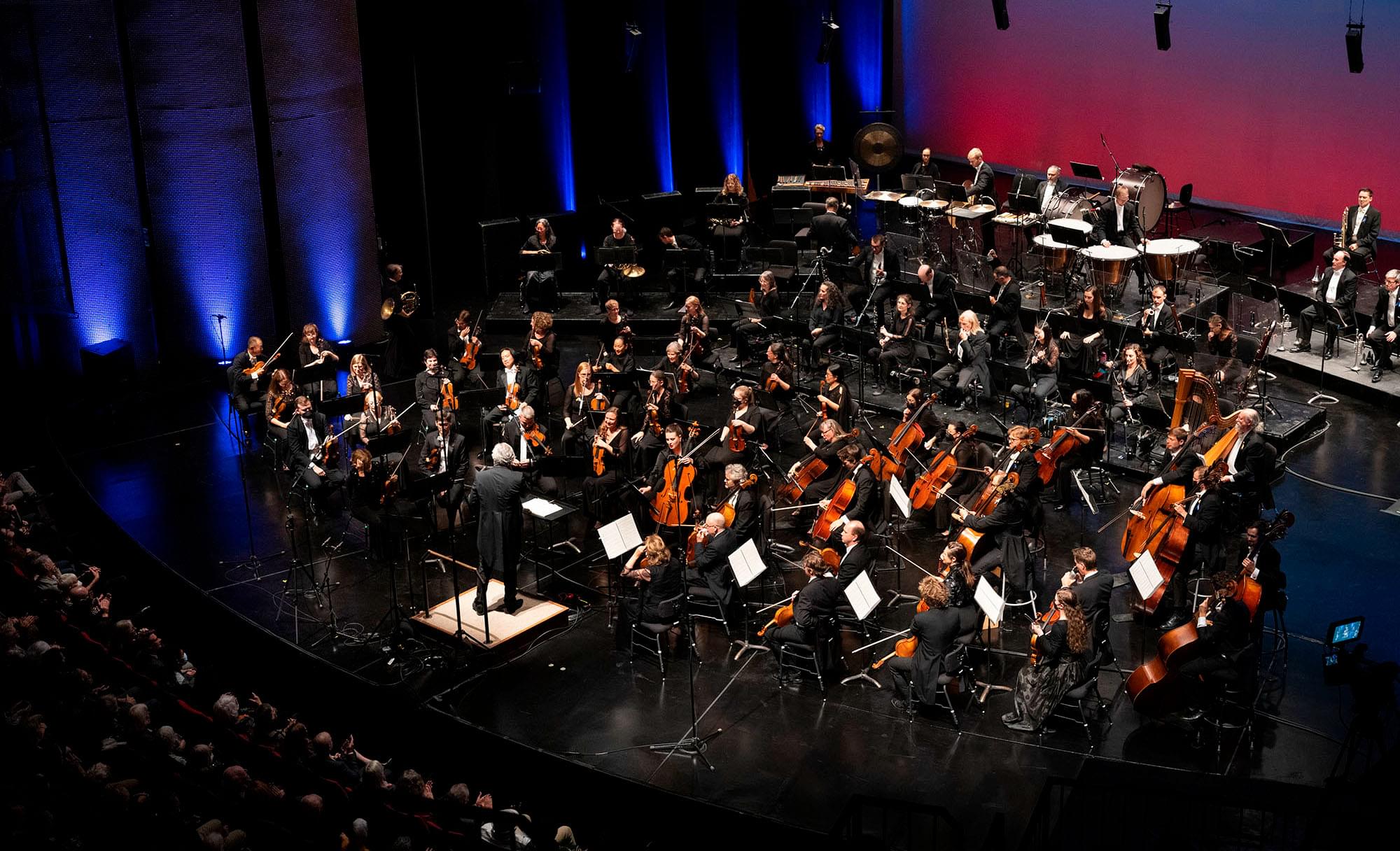
Bach & Bartok Talk with Karl Stobbe
- News


Juno Award winner, and WSO’s own Associate Concertmaster Karl Stobbe, recently released a new album! ‘Bach & Bartok’ illustrates the profound influence of Bach’s sonatas on the world of classical music.
What lead you to this recording and this pairing in particular?
Quite simply – the pandemic made this recording possible. None of us could play with other people, so I played music for solo violin. The violin is lucky to have a lot of unaccompanied music written for it. I recorded all 6 of the Bach Sonatas, and with each Sonata, another piece to go with it. I paired this Bach with the Bartok, because to me they are natural companions. Bartok wrote his Solo Sonata having been immersed in Yehudi Menuhin’s performances of the C Major Bach, and I think the strength, power, and gravitas of the C Major Bach finds its way into Bartok’s immense and impressive Solo Sonata. The overall effect and feel of both works is similar in breadth and scope. Totally different musical language for getting there, but really quite similar in character.
Where did you record the album?
A friends house. Buildings were closed, and I really couldn’t access any traditional spaces to record in. I have friends who were at the lake all summer, and they let me use their house. They have a nice big open space in their house, so it worked out really well for me.
Did you approach this recording any differently then you did your 2014 album Ysaye Sonatas for Solo Violin?
Sort of. The Ysaye was fairly meticulously planned. I knew what it was for and what I was going to be doing with it before I started recording it. This recording was less structured. I had a pandemic fuelled break from performances, but I still really needed to play the violin every day. I started out by playing Bach every day, and after a while decided I would record them. I honestly didn’t know what it would turn into, but I just figured that out something to do with it in time. On a technical level it was quite different. I did almost everything myself – from the actual recording, to editing, and almost everything in between. The only thing I didn’t do was mastering. That’s a whole other art form that I was never going to do well enough to justify the time and expense.
What was the most challenging piece on the album, or is there a particular work you’re the most proud of?
Each on this is hugely challenging in its own way. The Bach is most obviously challenging in its use of big chords, and big forms. The first two movements in particular are really unique in the violin literature. The technical difficulties they present, in terms of managing big complicated harmonic structures with vertical phrases and lines is pretty intimidating. The Bartok is really known as one of the most difficult pieces in the violin repertoire. Just from hearing the different tonalities to managing the technical problems all over the violin, and incorporating a style of writing that doesn’t easily fit on the violin, the Bartok is very, very, very hard. And with that in mind, I am really pleased with how the Bartok in particular has turned out. It’s a serious handful, and I think it sounds pretty good.
Do you have any other projects in the works?
So this is the first recording of this series. During the pandemic I recorded almost 4 hours worth of music, and now I’m settling down to make them public. This is the first one in the series, and I think there will be 5 more over the next few years (one for each Bach Sonata or Partita.). The next one is already set to go. It still needs some mastering and I need to do the write-ups, but it’s basically ready. I’m still thinking about a few other pieces to record to fill up a few little holes, so we’ll see what happens with that yet.

![20640-WSO-2025-26-Season-Creative-Cello-Festival-Grand-Finale-[960x540]-Mar2025-FNL](https://images.wso.ca/uploads/2025/03/20640-WSO-2025-26-Season-Creative-Cello-Festival-Grand-Finale-960x540-Mar2025-FNL.jpg?resize=480%2C300&gravity)









